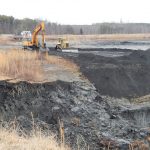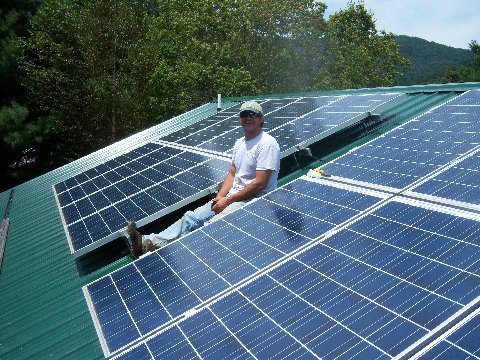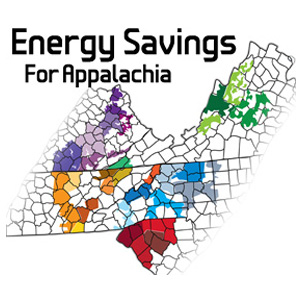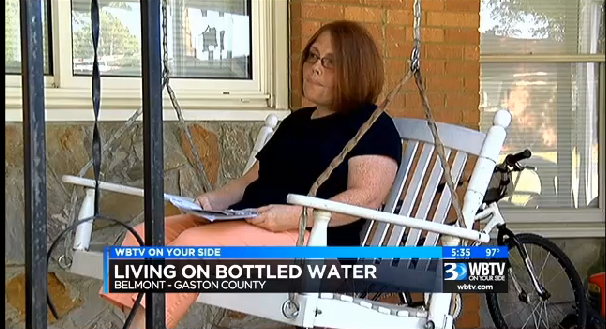Posts Tagged ‘North Carolina’
Energy Report News Bites
The Southeast’s First Utility-Scale Wind Farm Breaks Ground, Clean Water Act Clarified, and Air Pollution Standards Challenged in N.C.
Read MoreContaminated Drinking Wells Near Ash Ponds
As of July, the N.C. health department sent “do not drink” notices to 301 homeowners near coal ash ponds whose well water contains dangerous levels of heavy metals and other contaminants associated with coal ash.
Read MoreStatewide Alliance Forms to Address Coal Ash in N.C.
On Saturday, July 25, Appalachian Voices and several of our partner organizations facilitated the first statewide gathering of North Carolina communities impacted by coal ash.
Read MoreEliminating poverty housing with efficient and alternative energy use
When North Carolina’s Ashe County Habitat for Humanity formed five years ago, seven people came together to study how to best build a home. They made a commitment not only to affordability, but also to energy savings, and the board voted to build all Ashe County Habitat houses to maximize efficiency and place an emphasis on alternative forms of energy.
Read MoreTurning down the heat: A collaborative effort to reduce energy bills
Extreme temperatures can send electric utility bills skyrocketing across most of North Carolina and place high demands on the state’s electric utility infrastructure. Fortunately, proven models exist that expand access to financing for energy efficiency improvements for everybody, including those who may not qualify for loans under traditional underwriting criteria.
Read More“It’s just vitamins!” Industry confuses residents on coal ash safety
Duke Energy and the N.C. Department of Environment and Natural Resources continue to confound and confuse families that have the unfortunate luck of living in close proximity to the utility’s coal ash lagoons. So citizens and county officials are stepping in to help residents air their frustrations and, hopefully, to receive some answers.
Read MoreDuke expands coal ash cleanup, but leaves N.C. communities in danger

High Country residents speak up to save energy

Video illustrates need for energy efficiency in the High Country

Residents Near Duke Ash Ponds Told To Not Drink Their Water
Across North Carolina, residents living near Duke Energy’s coal ash ponds have received letters warning them not to drink their well water. Although Duke denies responsibility for the contamination, the utility recently plead guilty to violations of the Clean Water Act in a separate case.
Read More



